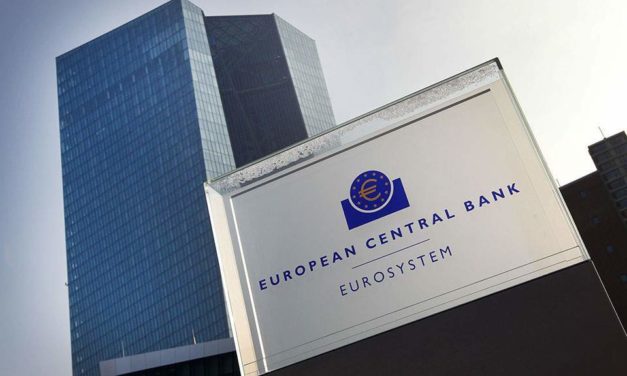Towards a More Resilient European Union after the COVID-19 Crisis
The pandemic crisis constitutes an unprecedented challenge for the European Union and for the Euro Area. Indeed, European institutional architecture can be viewed as being half-way between an association of sovereign states (like the United Nations, for example) and a politically integrated federation (like the United States for example). In this original construction, competences on several matters (such as economic, political, social and health issues, etc.) are shared at the European level, but also at the national and local levels in more complex ways than in fully integrated federations. To improve the resilience of the European Union to violent external shocks, the main objective of this paper...
Read More










